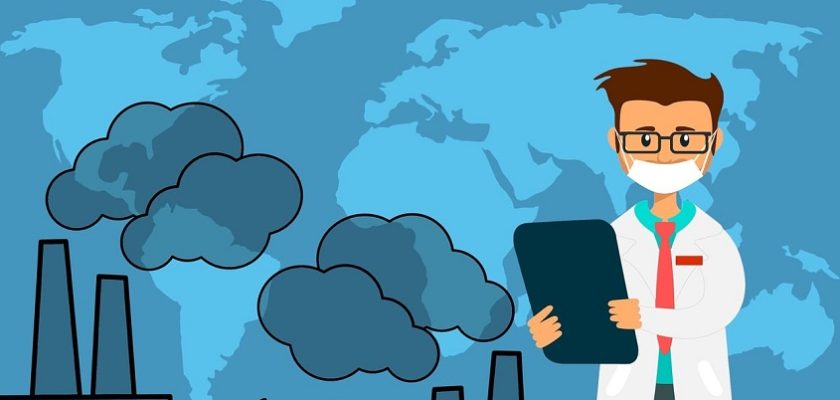The Impact of Air Pollution on Respiratory Diseases and How to Protect Yourself
- Updated on: May 7, 2025
- Published on Jan 25, 2023

Air pollution has a significant impact on respiratory health, increasing the risk of respiratory diseases. To protect yourself, take personal protective measures, improve indoor air quality, make lifestyle changes, and seek medical attention if you have symptoms of respiratory disease.
Air pollution has a significant impact on respiratory health, increasing the risk of respiratory diseases such as asthma, bronchitis, and lung cancer. These diseases can be caused by both long-term and short-term exposure to polluted air. To protect yourself, take personal protective measures such as wearing a mask and avoiding heavily polluted areas. Additionally, improve indoor air quality by using air purifiers, and making lifestyle changes such as quitting smoking and reducing exposure to second-hand smoke. Seek medical attention if you have symptoms of respiratory disease and be aware of the air quality in your area.
The Impact of Air Pollution on Respiratory Diseases
Respiratory diseases are illnesses that affect the respiratory system, including the lungs, trachea, and bronchi. These can include asthma, bronchitis, emphysema, and lung cancer.
Air pollution can cause inflammation and damage to the respiratory system, leading to an increased risk of respiratory diseases. Fine particulate matter, ozone, and nitrogen oxides are among the pollutants that can have the most significant impact on respiratory health.
Studies have shown a link between air pollution and increased risk of asthma, bronchitis, lung cancer, and chronic obstructive pulmonary disease (COPD).
According to the World Health Organization (WHO), 7 million deaths each year are caused by air pollution, with a significant portion of those deaths resulting from respiratory disease. In the United States, it is estimated that air pollution causes over 200,000 premature deaths each year.
How to Protect Yourself from Air Pollution
Personal protective measures include wearing a mask, especially when in heavily polluted areas, and staying indoors on days with poor air quality. It is also recommended to avoid physical activities in polluted environments.
Indoor air purifiers can help remove pollutants from the air inside your home. HEPA filters are effective in trapping fine particulate matter and other pollutants.
Lifestyle changes that can reduce exposure to air pollution include quitting smoking, reducing the use of wood-burning stoves and fireplaces, and avoiding second-hand smoke. It’s also a good idea to reduce the use of cars and use public transportation or carpooling instead.
Medications and treatments for the respiratory disease can include bronchodilators, inhaled corticosteroids, and antibiotics. In severe cases, oxygen therapy or surgery may be necessary. It’s important to consult a healthcare professional if you have symptoms of respiratory disease.


